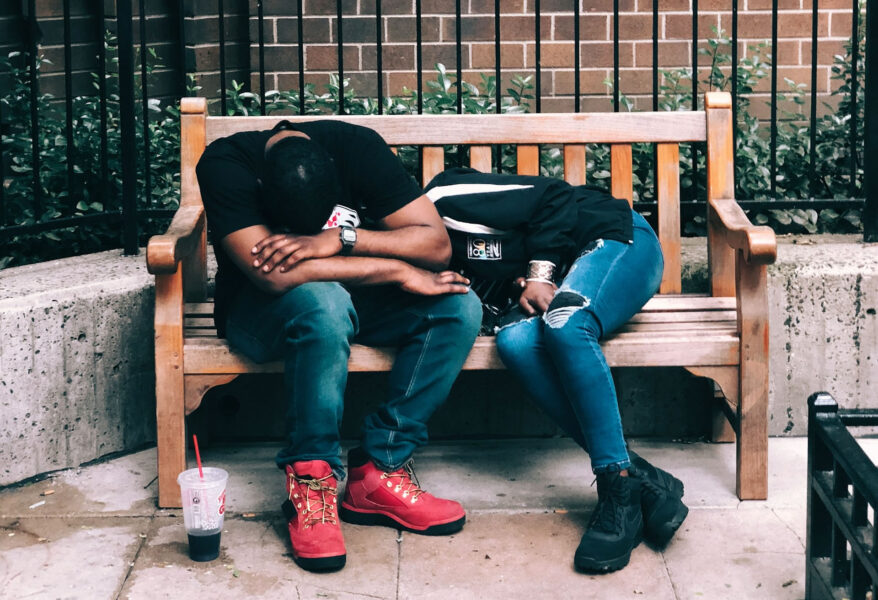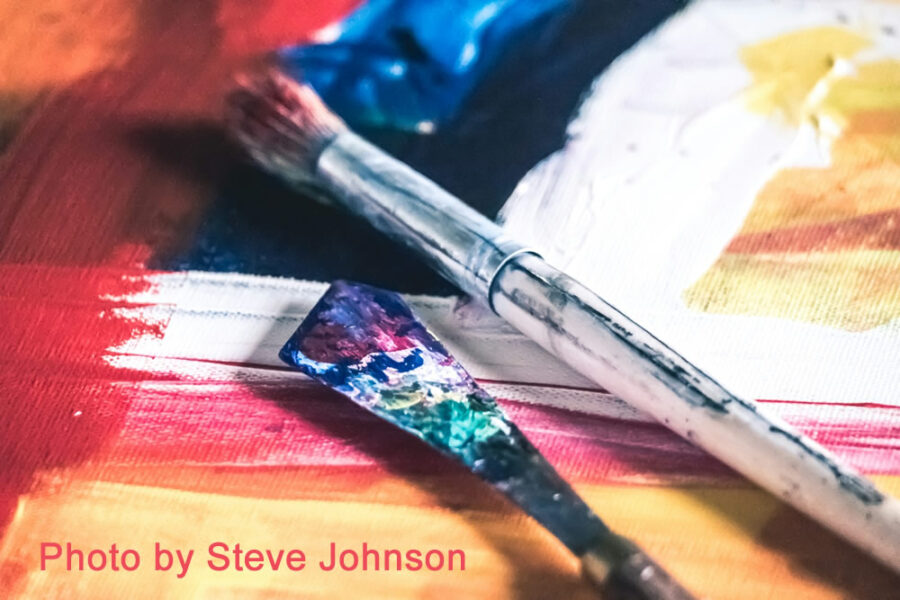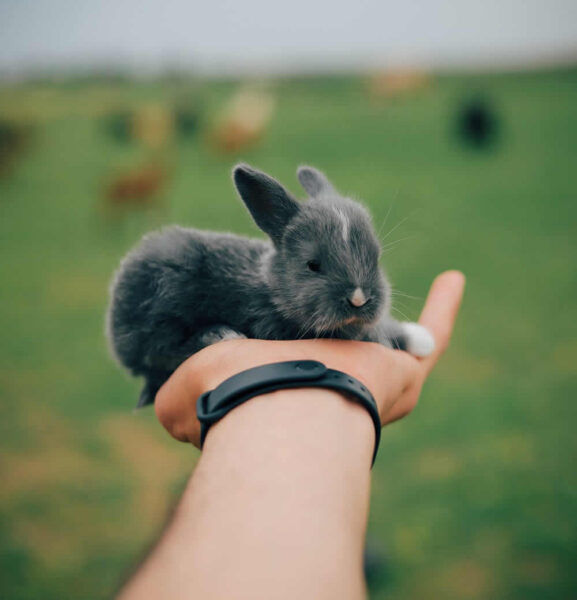
Bless Oliver’s Brain.
Again I come out of the shadow to post a Burkeman column on aliveness.
May’s a beautiful month. Here’s to realizing it!
Love, Vicki
|
|

Bless Oliver’s Brain.
Again I come out of the shadow to post a Burkeman column on aliveness.
May’s a beautiful month. Here’s to realizing it!
Love, Vicki
|
|

Since you last heard from me, I assume your world hasn’t been free of political insanity.
To temper what you can’t control, I suggest you read Oliver Burkeman’s archived column “Toxic Preconditions” and claim what you do.
Also take heart, there is one thing you CAN count on: “They cancel spring.” (David Hockney)
Love, Vicki
P.S. I have been working in my art studio more and will soon be posting my latest work on vickipanagotacosart.com. Will let you know when that happens.

I hesitated to return to this topic at all here, partly because I think stuffing our heads with partisan politics is a big part of what ails us, and also because not every reader of The Imperfectionist shares all my views – and now, more than ever, I’d like those people to stay. So you can be confident this isn’t about to pivot into a different sort of newsletter. Even so, I thought it might be useful, in this off-schedule edition, to share three thoughts that crystallized for me in recent days:
I don’t need these people’s psychodramas in my head anymore. The closest thing to a political point I want to make is that I’ve dedicated far too much brain-space, in recent years, to marinating in the psyches of the angry, cynical and damaged men currently ascendant in our politics – which is basically what you’re doing when you spend time on Twitter, idly surf online media, or consume most TV news. I’m not talking about people in general here. We’ve lots of work ahead to try to understand how large swathes of the population – people like us, in so many ways, who love their kids, and so on – could embrace viewpoints we find so bewilderingly abhorrent. And we’re going to have to be willing to accept the possibility that some of the failings might be, at least partly, on us. But these tasks won’t be aided in any way by remaining addicted to the feuds and fragile egos of the demagogues at the top, or their hangers-on in the commentariat, and the shocking things they say for attention and money. We can’t ignore the deep societal problems that have fueled their rise. But we absolutely can choose to excise from our lives all their distracting psychodramas, their whiny podium speeches, social media bloviating and related bullshit (which includes, by the way, the output of many of those building media empires by railing against them, too). And we can do it right now: click “log out” on the relevant app, and they’re gone from your world, just like that – leaving you better placed to address those deeper problems anyway, while also making progress on your other goals. At a minimum, I think this means drawing way back from social media, and probably heeding Cal Newport’s advice to get your news weekly, ideally in print. As Cal suggests, why not “use the stress of this election to be the final push needed to step away from the exhausting digital chatter that’s been dominating your brain”? But mainly today I just wanted to articulate the intention, and the doability of it. May all those angry attention-seekers one day find effective therapists! But in the meantime: screw them. Every single person reading this has better things to be doing with their limited time on the planet.
It’s time to double down on reality. Things reliably spin out of control in human affairs whenever we relate primarily to each other, and the world, through abstract conceptual lenses. That’s what’s going on when we see other people mainly as kinds of people, as members of demographic groups, nations, parties, or representatives of social forces. (And there’s nowhere on the political spectrum where people haven’t been guilty of that.) In a different way, it’s also what’s going on when we spend our days chasing fantasies of one day getting “on top of everything”, or persuade ourselves that real life is coming later, at some hypothetical future point. The antidote to all of this, in the broadest terms, is more reality, more immersion in the finite here and now: more writing on paper; more gathering in person and in public; more looking strangers in the eye; more scruffy hospitality; more queueing for the supermarket checkout that’s staffed by a human, if there even is one; more feeling the weather on your face and staring into fires; more living as creatures, not machines. (And yes, of course, digital technology is a part of reality too – but the challenge is to use it as a tool for showing up more fully for life, not for avoiding it.) One implication of all this for politics, I think, is that while it’s important to argue for the world you’d like to see, through activism and advocacy, it’s perhaps even more important to live it. To “start from sanity”, as I’ve termed it, by taking the way you want life to feel – sane, generous, meaningfully productive, embracing of difference, and everything else – and treating it less as something to strive towards, and more as a place to start from.
You really, really, really don’t know when a given event is, or isn’t, for the best. If this falls into the category of “too soon”, by all means file it away for later. But it’s true all the same: you can’t know what effect present-day events will have in the long run, and it’s to ignore your status as a limited human being to imagine you ever could. As the old Taoist story has it: “We’ll see.” Remember, it’s one of the normal responses to a diagnosis of critical illness – not the only one, but a commonplace one – to conclude that in the end, it was a wonderful gift, thanks to how it led to a focus on what truly mattered. Seismic political defeats can stoke the fires of renewal or transformation, while victories can breed complacency, leading to worse catastrophe. Of course, the point isn’t that good things always emerge from seemingly bad things – you can’t be sure of that, either! It’s that this radical uncertainty is where you’ve always lived, whether you realized it or not, and the only place from which you’ve ever accomplished anything. You don’t need hope. You can move forward in the dark. You just need to do “with conviction the next and most necessary thing” – which is all you’ve ever been able to do anyway. And there’s room for enjoyment in the middle of it all, too. I come back to John Tarrant’s observation that the average medieval person lived with no understanding of when the next plague, famine or war might come along to utterly upend their lives. If they’d waited until the future looked dependably bright before gathering for festivals, or creating art, or strolling under the stars with friends, they’d have been waiting forever. So they didn’t wait. You don’t need to wait, either.

Good Morning, Afternoon or Evening!
I put my paintbrush down long enough to read this very good article.
If you aren’t frightened by what is passing as “normal” and acceptable in today’s world, you aren’t living in the “othering” world I live in.
Hugs to each and every one of you.
Vicki
Joe Primo, Grateful Living
Realizing that I am, from the very beginning, embedded in a network of relationships makes me ready for an important insight: the innermost essence of the word “I” is relationship. ~Br. David Steindl-Rast, You Are Here
There is an epidemic of loneliness. The U.S. Surgeon General Vivek Murthy, says, “If we fail to build more connected lives…we will continue to splinter and divide until we can no longer stand as a community or a country.” As we try to understand this societal illness, I think we need to ask whether we are sick from loneliness or from not belonging — to each other and ourselves.
In the depths of our isolation we quickly encounter a darkness. It is our world closing in on itself. Our entanglement with each other becomes disentangled. We are no longer woven. We are a single thread under tension, pulled taut. We are at risk of far more than fraying.
John A. Powell, Director of the Othering and Belonging Institute, says that we create “othering” to create belonging. Think about this for a moment. In order to feel at home in ourselves and with others, we rally around contempt, prejudice, oppression, and exclusion. If we want to understand this epidemic, it seems that this may be a source of sickness. Could it be that our need to belong took a misguided route and fueled a pandemic of othering?
This pandemic of othering is sustained by binary thinking, which dismantles the inherent dignity of those different from us — religiously, racially, culturally, politically, intellectually, etc. Rather than thriving in relationship with each other, many groups find themselves in profound opposition. What is the point of this opposition? What are groups and people trying to protect? For some, it may be the comfort they find in their structure, order, and perspective. For some, it may be a desire to feel the nurturing and supportive sense of belonging, but the desire has become confused with fitting in.
Belonging is where dignity, the sacred, and redemption meet. It is where you can be wholly you while also being in relationship with those wildly different from you. Belonging is a both/and.
It’s important to distinguish “fitting in” from belonging. They are two very different experiences. One has a gatekeeper and requirements. The other is innate. Fitting in asks us to mold ourselves to things like ideologies, appearances, and dogmas. You can fit in if you subscribe to the group’s prescriptions. Belonging, on the other hand, is not about being affirmed for your likeness to others or your methodical virtue-keeping. Belonging is not interested in groupthink and mutual pats on the back.
The paradox of belonging is much like the paradox of love. Br. David Steindl-Rast says that “to live means to be in relationship” and that requires “love in action.” In order to put love into action and experience belonging, you also have to be at home in yourself. When you belong to yourself, you are better equipped to see, appreciate, and respect someone else’s dignity. This is because you can imagine, remember, or acknowledge the pain you’ve endured and how it has shaped your perspective and behavior — the unkind and hateful words that are only one grievance away from being spoken, the wars you might be tempted to fight if the opposition was on your stoop, the destruction you might cause if all the power was yours, the food you would steal for a child, the walls you might build if fear was your guidepost, the sicknesses that could fill your mind if you believed your fears. When you can imagine being othered then you can see the only path is understanding.
Given the profound consequences of loneliness and isolation, we have an opportunity, and an obligation, to make the same investments in addressing social connection that we have made in addressing tobacco use, obesity, and the addiction crisis. ~Dr. Vivek Murthy
A grateful orientation to life is in opposition to othering. Rather than unifying around exclusions, a practice of grateful living challenges us to seek, observe, and understand (Stop. Look. Go) the many ways in which we are never fully alone, never independent or separate from others. The practice of grateful living helps us address the origin of our societal ailments because it illuminates our interconnectedness by focusing on and acknowledging the details of every lived moment and the network of people required to sustain our lives. This perspective understands that when we lose sight of our inter-relationality we can trust that everything will quickly go sideways, making us sick with fear, greed, violence, exploitation, loneliness, despair, and war. These and other detriments to our well-being fill the enormous cavern where belonging should live and thrive.
To avoid falling into the trap of the rage machine or binary thinking, the practice of grateful living asks us to ground ourselves in the root belief that “life is a gift.” From this root, we grow a perspective that all people have inherent value. Rather than anyone being dispensable and disposable, we know that to be alive means to be in possession of something sacred. And when the sacred is not easily discoverable in another, gratefulness invites you to look more deeply for it like a hatchling in the grass. Stop. Look. Keep looking. When you’re tempted to quit, stop once again and look more. This is what it means to be alive — to be in relation and always on the lookout for all the opportunities to put love into action.
If loneliness is a malady born from a plague that is unraveling our interconnectivity, then gratefulness is the only remedy large enough to treat an illness that is pulling us apart when life requires us to put love into action and remain in relation.
This perspective challenges you to observe someone’s worth or worthiness, even when it is far from sight. Worthy of what, you might ask. Well, what are you worthy of in your life? Love, acceptance, safety, nourishment, shelter, redemption, and connection are a few things your dignity bestows on you. When we individually or collectively other, we strip people of this worthiness. We categorize people into good and bad, worthy and unworthy. We need to ask ourselves how anyone can survive these dichotomies. The response to loneliness and “othering” must be radical belonging — this is the challenge, this is the work of grateful living.
If loneliness is a malady born from a plague that is unraveling our interconnectivity, then gratefulness is the only remedy large enough to treat an illness that is pulling us apart when life requires us to put love into action and remain in relation.
Please take the time… and please think about this…
Love, Vicki P


I used to tell this story, about my theory of fucks. The theory goes like so: you are born with so many fucks to give. However many you’ve got is all there is; they are like eggs, that way. Some of us are born with quite a lot, some with less, but none of us knows how many we have. When we’re young, we go around giving a fuck about all kinds of things, blissfully unaware of our ever-dwindling supply. Until one day, we give the last fuck we’ve got, and we notice that the invisible bag of fucks we’ve been carrying around all these years is finally, irredeemably, empty. We have no more fucks left to give.
Copyright © 2013-14 TalkingGrief.com | A Property of Comfort Care Connection